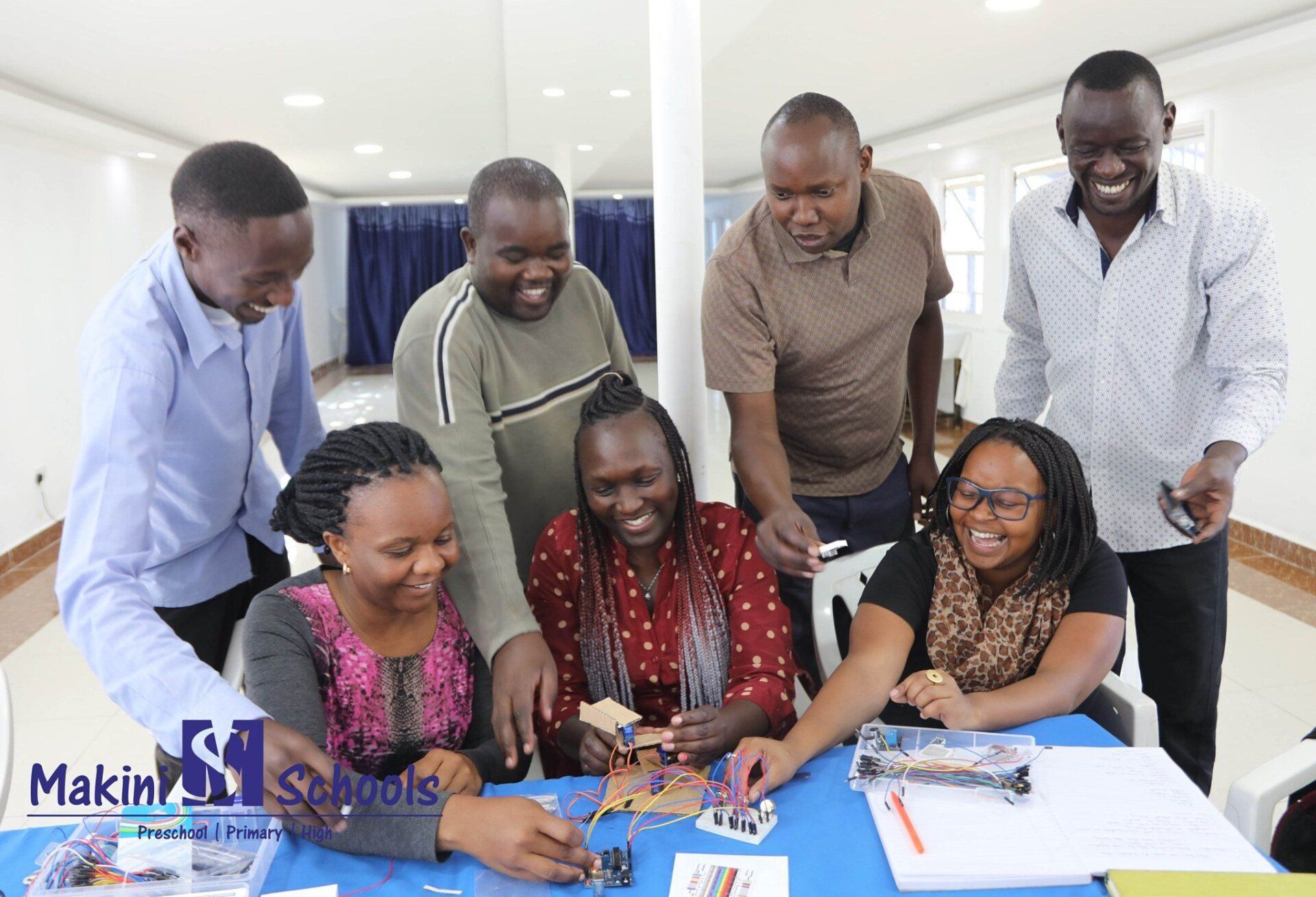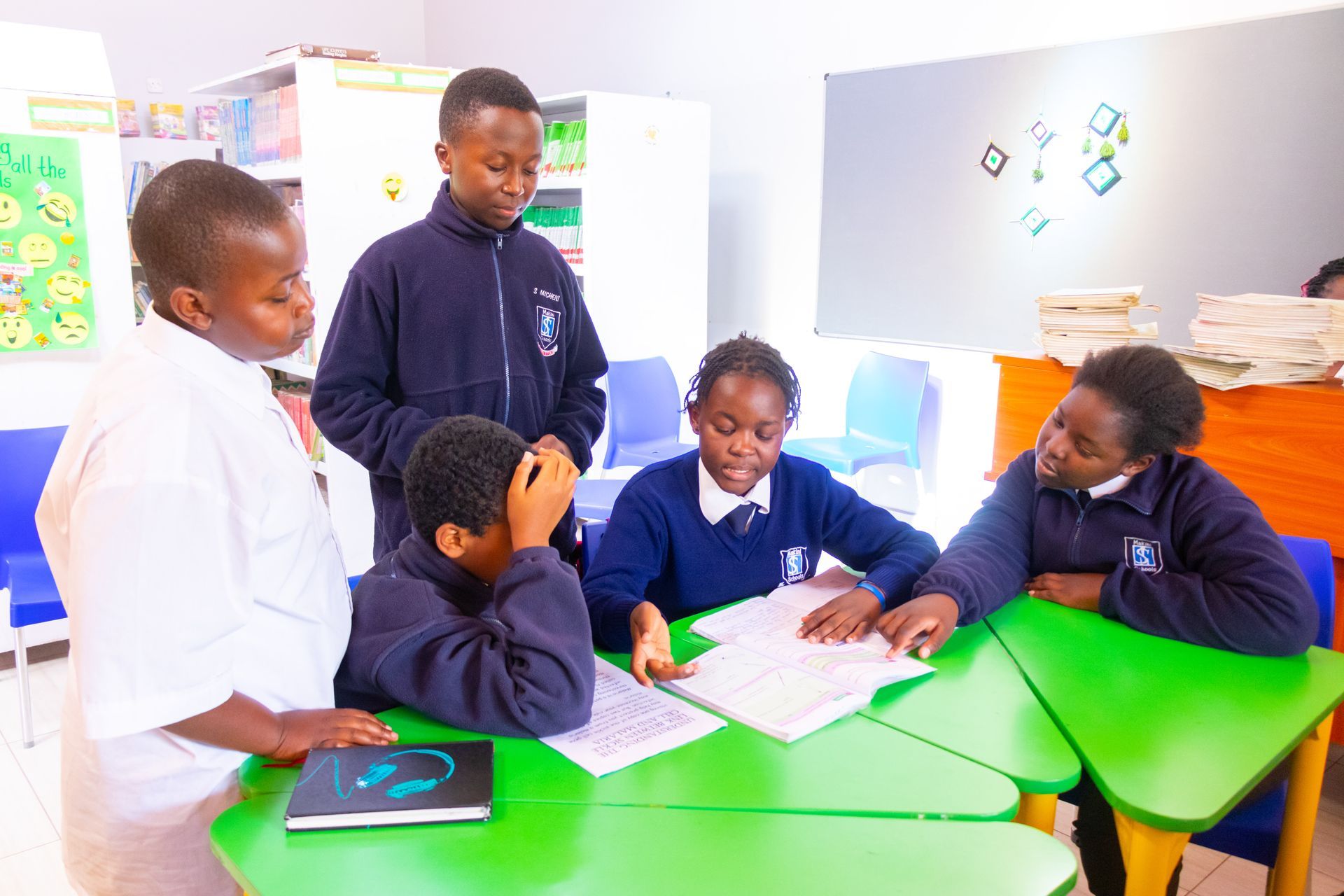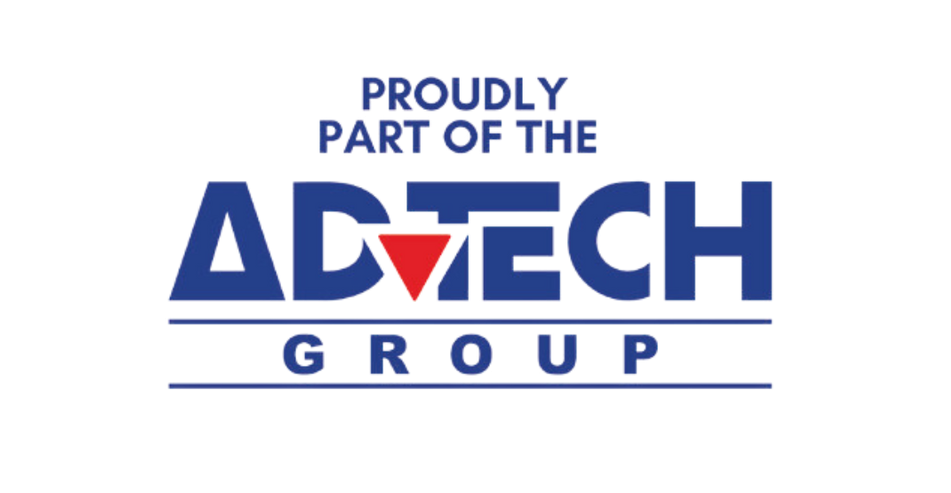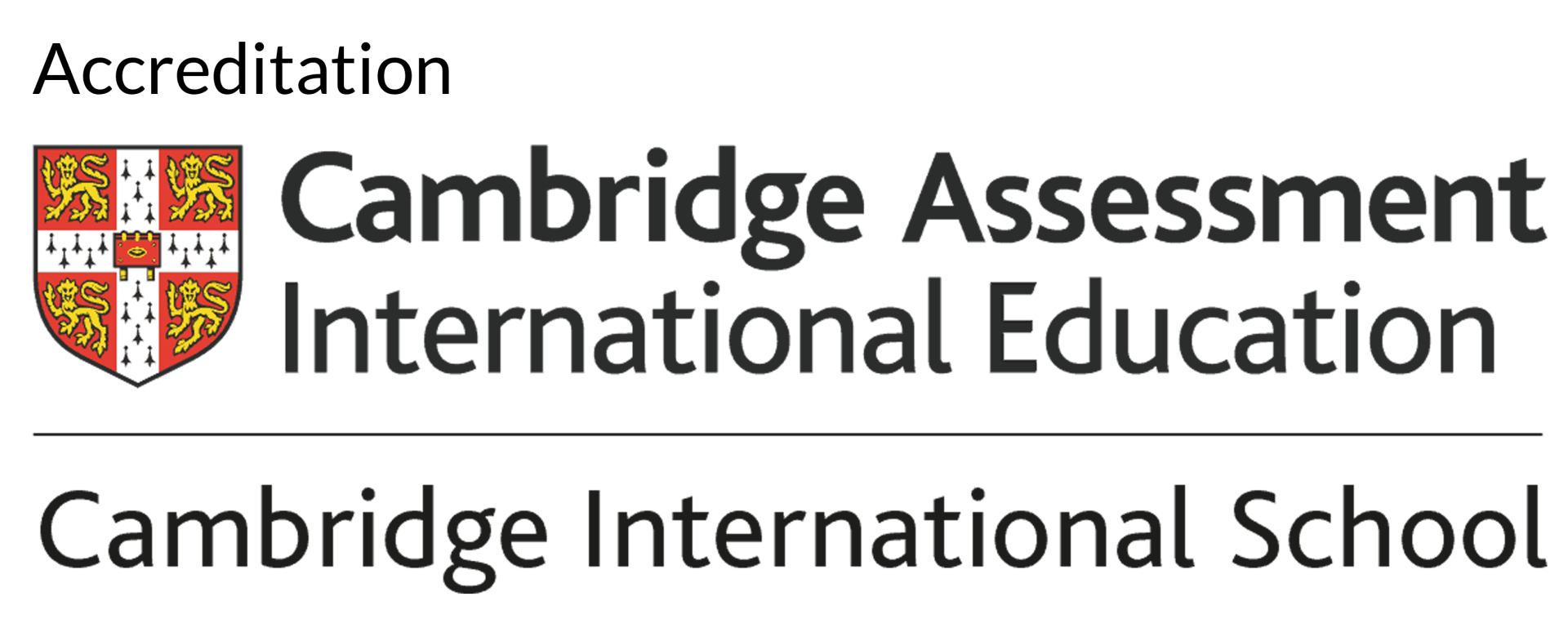Nurturing a Growth Mindset in and Beyond the Classroom
“In one world, effort is a bad thing. It, like failure, means you’re not smart or talented. If you were, you wouldn’t need effort. In the other world, effort is what makes you smart or talented.” – Carol Dweck
Learners often believe that the reason they cannot learn a subject is because, unlike their peers, they don’t have the talent for it. They may therefore give up easily. On the other hand, learners who believe they have the talent may avoid stretching tasks that may show them up as not good enough. These learners are prone to plateauing verses reaching their full potential.
Carol Dweck (2006), a Stanford professor and the author of Mindset: The New Psychology of Success, describes two types of individuals. Those who believe that intelligence, talent and ability are innate and immutable (i.e. I was born with a certain amount and that’s that). And those who believe that qualities such as intelligence, talent and ability can change; they are mutable through application and adjustment. Dweck describes the former group as having a fixed mindset and the latter as having a growth mindset.
Mindset (growth or fixed), therefore, acts as a mental filter which determines your behaviours, outlooks and attitudes. Your mindset can have a limiting or enabling effect on your chances of reaching your potential. When students believe their intelligence can be improved, they are more willing to put extra time and effort into their learning.
We can all agree that one of the best ways to teach our learners to have a growth mindset is to model that thinking ourselves. But as much as we would like to believe that we are growth mindset oriented, most of us will likely discover upon reflection that there is old fixed mindset thought patterns that we hold onto.
Fortunately, we can support our children and ourselves by examining these self-defeating thoughts and habits and replace them with activities that promote a growth mindset. This includes:
1. Ensure we get enough sleep. A good night’s rest can improve memory, increase productivity and otherwise help us succeed in our daily tasks. Plus sticking to a good sleep routine can reduce the risk of anxiety and or depression. Should you feel like this, immediately consult with your doctor for further analysis.
2. Reduce the stresses in your immediate environment. In recent times (you know what we are talking about) the stresses of what to do next is overwhelming our thinking. Stress in any form can become a serious problem, therefore it is important to identify not only for our children what the stresses are but also for us as adults and try shift our mindset to the positive outcomes instead of the “what if’s” that places us in a fixed mindset.
3. Choose not to worry. Remember if frustrations and disappointments pile up, children can get stressed or worried. Worrying about things we cannot control and things which might or might not happen in the future. This robs us from being happy in the present and when dealing with the task at hand. What our children worry about is often related to the age and stage they're in. To help our children change their mindset, find out what’s on their minds. Show you care and understand. Keep things in perspective, guide children to solutions to reduce the worries and try and make a difference that they will remember for the rest of their lives.
4. Acknowledge and embrace imperfections. Nobody is perfect. In the imperfections of the world you can learn to problem solve, think differently and overcome weakness. A perfect example is how the author, Rochel Lieberman, of Pearla and her Unpredictably Perfect Day, teaches children how to embrace their mistakes and practice resilience. She also discusses how parents and professionals can use her book to help children who struggle with anxiety and perfectionism.
5. View every task as an opportunity. Having a growth mindset means relishing opportunities for self-improvement. Assist your child with real world learning. Foster a stronger understanding of concepts that your child has learnt in the classroom while assisting them to connect the study to their every day-to-day lives.
6. Try different learning tactics. There is no one-size-fits-all model for learning. There are different approaches to learning. It refers to the skills and behaviours that children use to engage in learning. It incorporates emotional, behavioural and cognitive self-regulation as well as initiative, curiosity and creativity. The method and approach for learning meets the child where they are at. What works for one child may not work for another, and that is okay.
7. Stop seeking approval and cultivate grit. When you prioritise approval over learning, you sacrifice your own potential for growth. Learners with that extra bit of determination will be more likely to seek approval from themselves rather than others.
8. Value the process over the end result. Enjoy the learning process, and do not mind when it continues beyond the expected time frame. Curiosity in learning is mandatory and far reaching than just the expected parameters.
9. Celebrate growth with others and make a new goal for every goal accomplished. If you truly appreciate growth, you will want to share your progress, outcomes, failures and successes with your peers, parents, teachers and community. You will never be done learning. Growth-minded people will know how to constantly create new goals to keep themselves stimulated and become lifelong learners.
10. Embrace criticism. You do not have to apply all constructive criticism received, but be mindful of other people's ideas, input and opinions. Allow them to also express their thinking. No one way is the right way, it is up to you to either include what was shared with you or discard it completely towards the end result.
By adopting a growth mindset, we see mistakes more as a challenge and don't mind failure because they realise it’s a path to improvement when they persevere. When parents focus more on a child’s hard work, instead of how smart he / she is, it fosters growth. Failure doesn’t disprove that a child is smart, athletic or artistic. It simply indicates he / she needs to try a different approach.
Once you begin to develop a growth mindset, own it. Acknowledge yourself as someone who possesses a growth mentality and be proud to let it guide you throughout your educational career.













